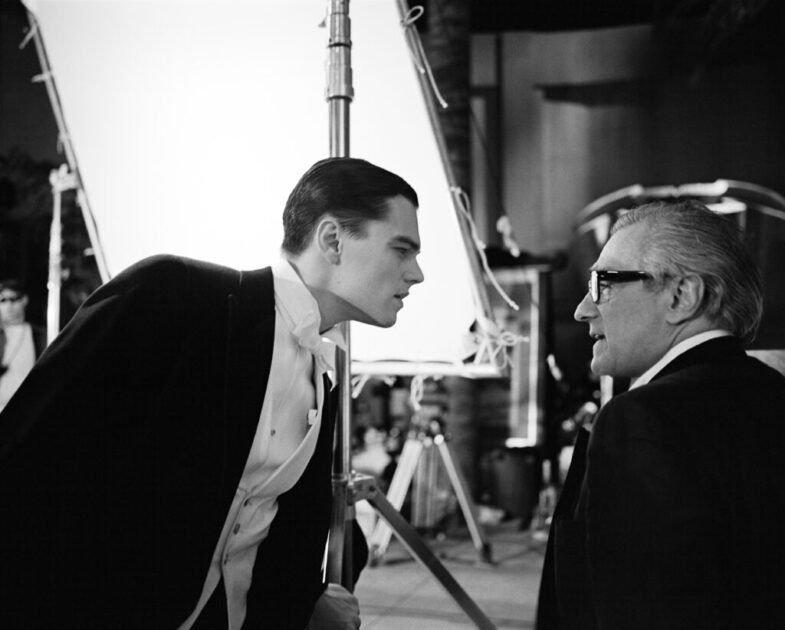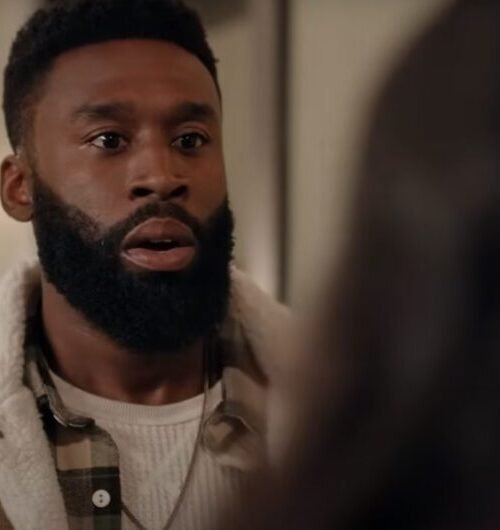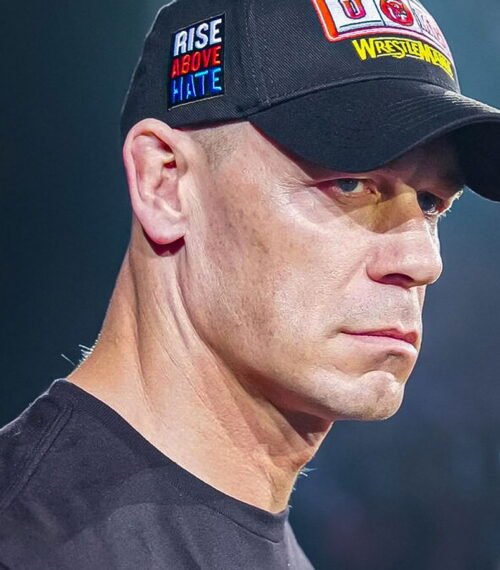The importance of Martin Scorsese to American filmmaking is impossible to quantify. For every great work he’s made, he’s inspired a few hundred other filmmakers to pick up the camera for the first time. However, Mr. Scorsese does not just cover the basic plot beats of his life. Far more than a Wikipedia, it provides unique insight into his thoughts, emotions, and trials of his career. Director Rebecca Miller (Personal Velocity: Three Portraits) digs into the crevices of Scorsese’s career and crafts an epic five-part series worthy of his iconic status.
Mr. Scorsese Plot
Following the career of the iconic filmmaker, Mr. Scorsese interviews hundreds of figures who grew up with the iconic filmmaker. With Scorsese providing his own narration and narrative spine, he explains his life growing up, his early years in the industry, and the struggles he encountered. Using a combination of talking heads, critics, artists, and archival footage, it provides a holistic look at the legend’s career. Perhaps more importantly, it allows Marty to draw connections between his legendary works and the films that inspired him every step of the way.
A brutally h onest Scorsese makes for a revealing experience.
Throughout his career, Marty has broken barriers and created all-time classics. Most of Mr. Scorsese keys into this idea and reveals just how instrumental he became in advancing the art form. When you have legends like Thelma Schoonmaker, Steven Spielberg, and Spike Lee telling us about Marty’s prowess as a filmmaker, you have no choice but to believe it. However, they also bring their personalities into their discussion of their friend, giving us the tidbits that we rarely hear from other directors. No one sums it up better than Spike, who jokes, “Thank God for asthma!” when discussing Scorsese’s childhood.
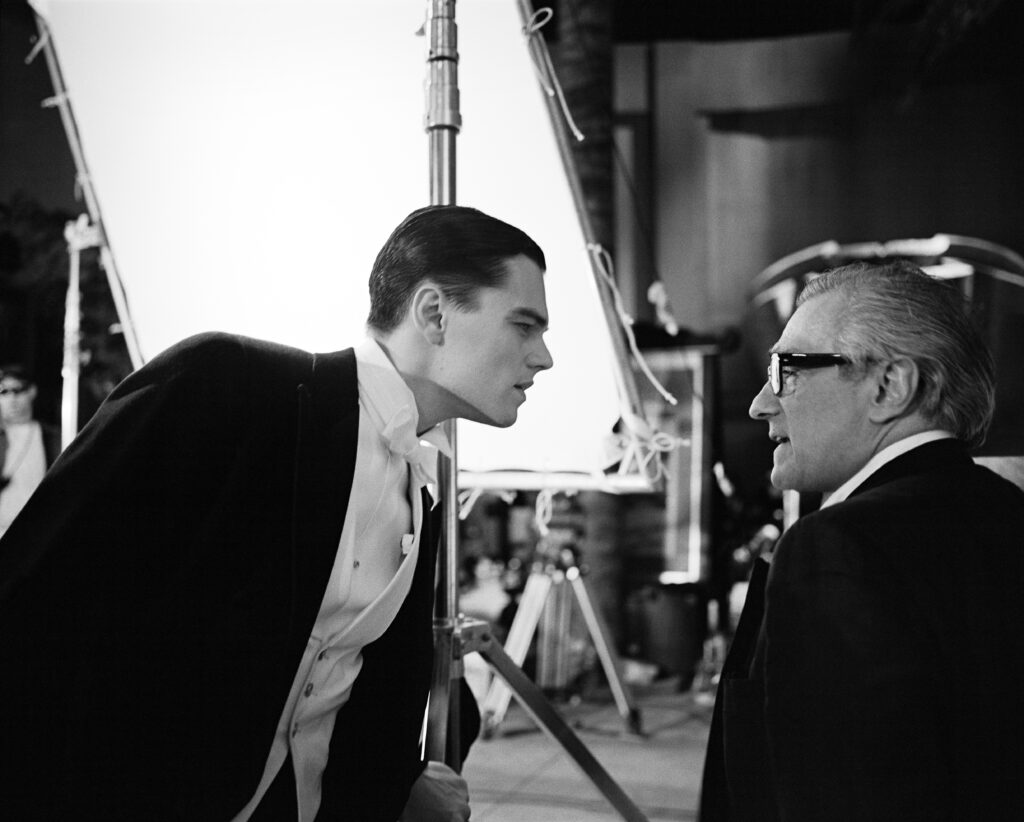
However, what becomes most revealing is how Scorsese throws grenades at himself. He knows he has the talent and relives the moments of John Cassavetes berating him for using his skill on trashy exploitation. He also likens many of the scenes in his films to moments in his life, which Miller brilliantly cuts between to remind us how much of himself Scorsese put into his movies. Yet the honesty about the ups and downs of his career is far more intriguing. Even movies that have become venerated classics, most notably The King of Comedy, come with admissions that he did not care about the material.
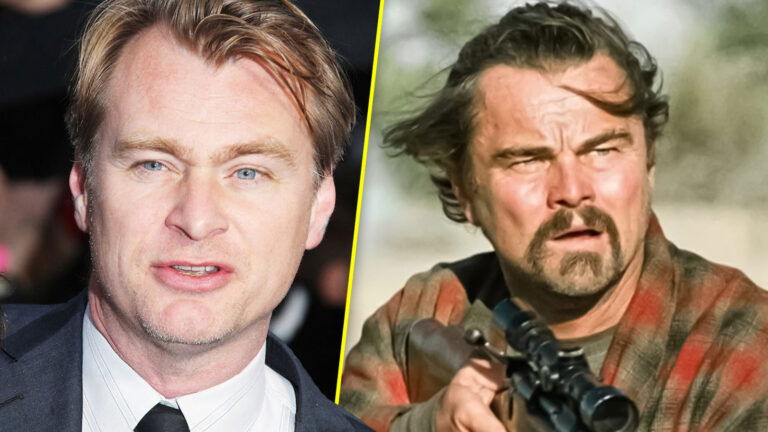
Leonardo Dicaprio’s Favorite Christopher Nolan Movie That WB Desperately Wanted Him to Join
When you’re Martin Scorsese, it’s possible to get by on pure talent alone. However, it is also hard to look at some of these movies the same way again, especially given his rationale for why he tried them at all. When he’s locked in and passionate about the material, that fervor is still obvious decades after the movie’s release. On some level, you might want to skip this documentary if you’re a fanboy, because Mr. Scorsese will make you question whether certain films deserve the fawning praise they’ve received.
Mr. Scorsese is a film school unto itself.
Of course, the iconic director has always been involved in the preservation of film, even as a young filmmaker. His stories about Woodstock and his shorts are important to understanding how he developed within the culture he lived in. However, hearing Scorsese talk about the importance of different genres and emerging trends reminds us that even the virtuoso filmmakers take ideas from the best and rework them for their own style.
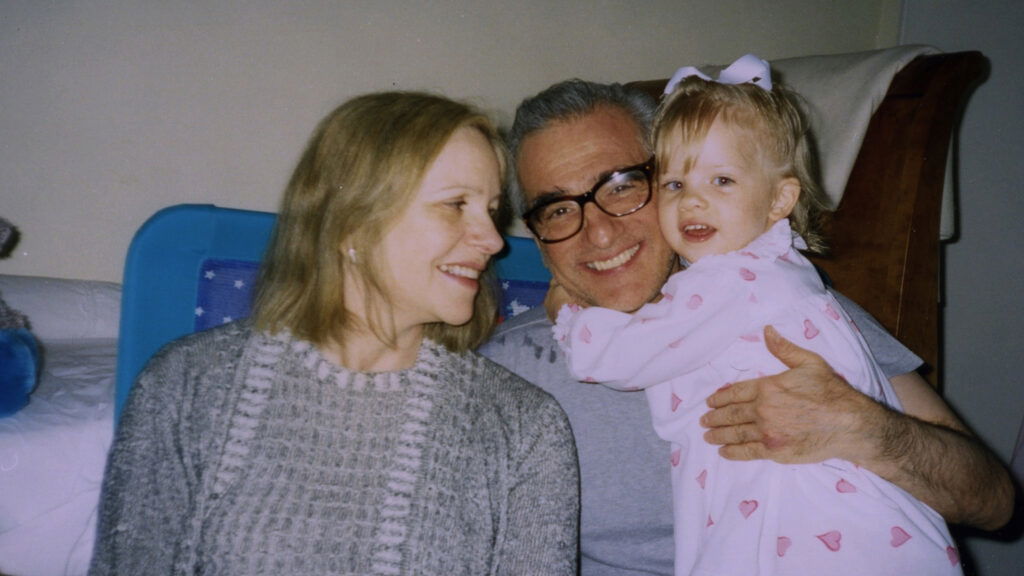

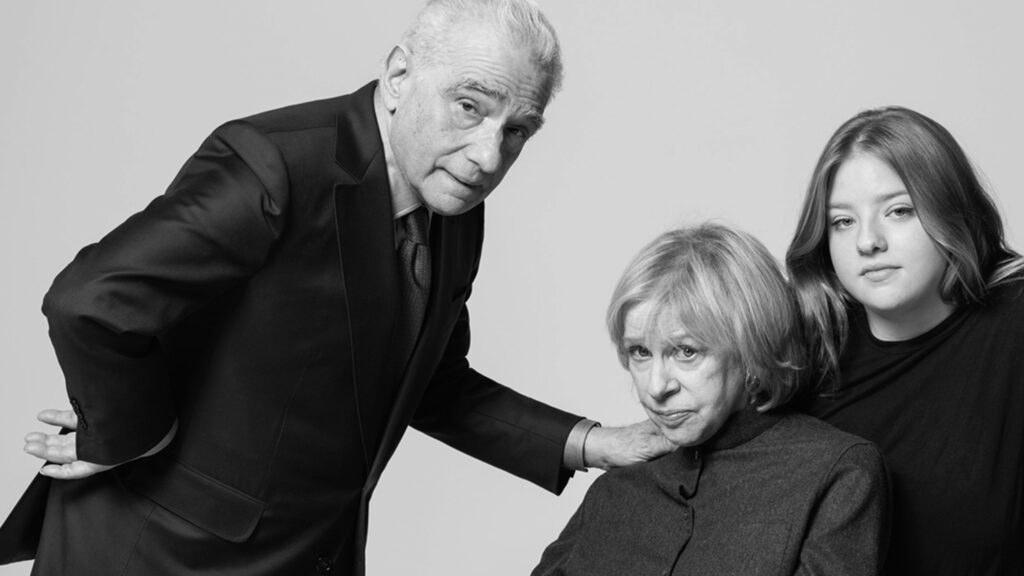
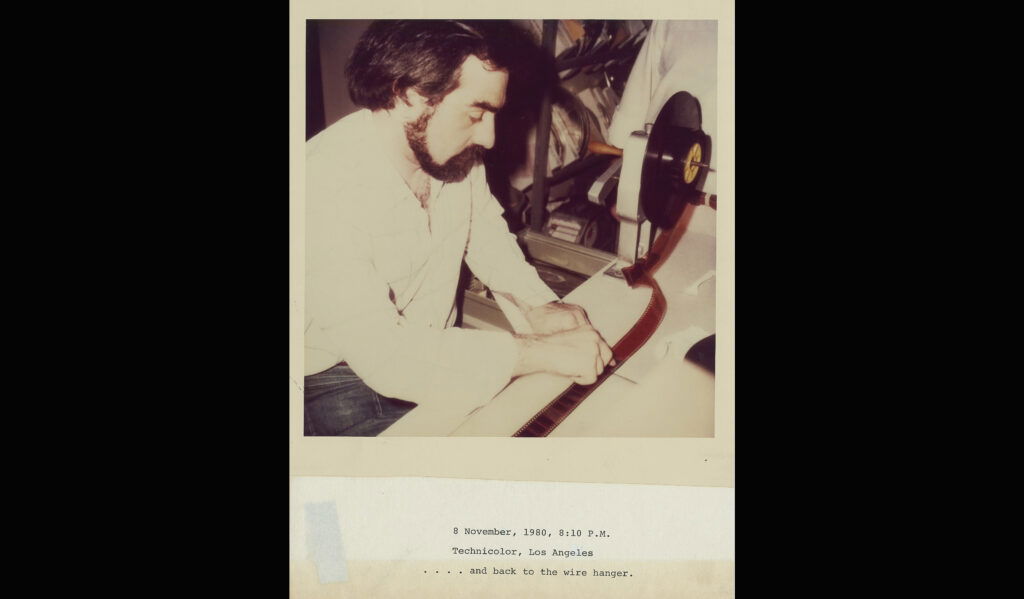
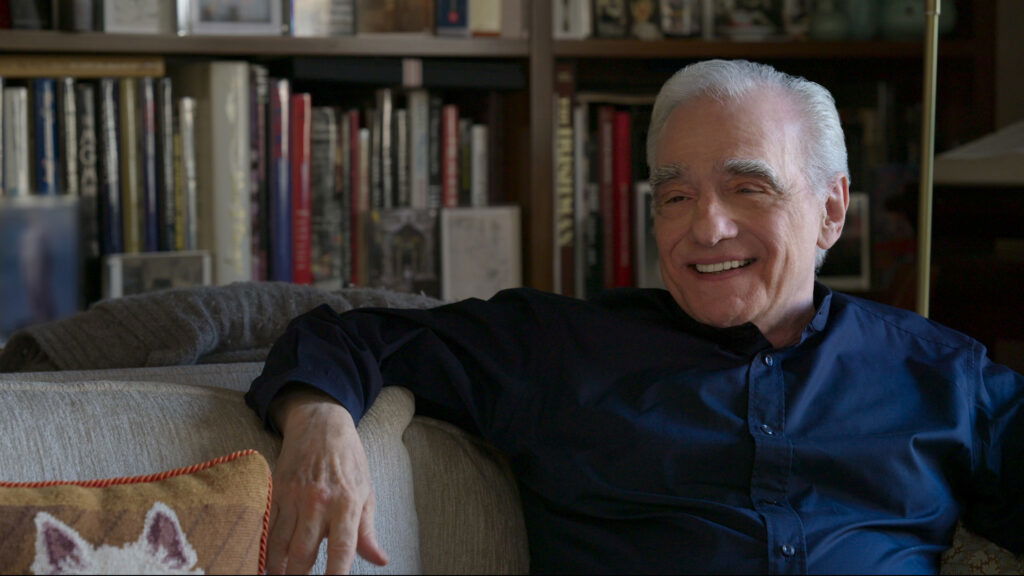
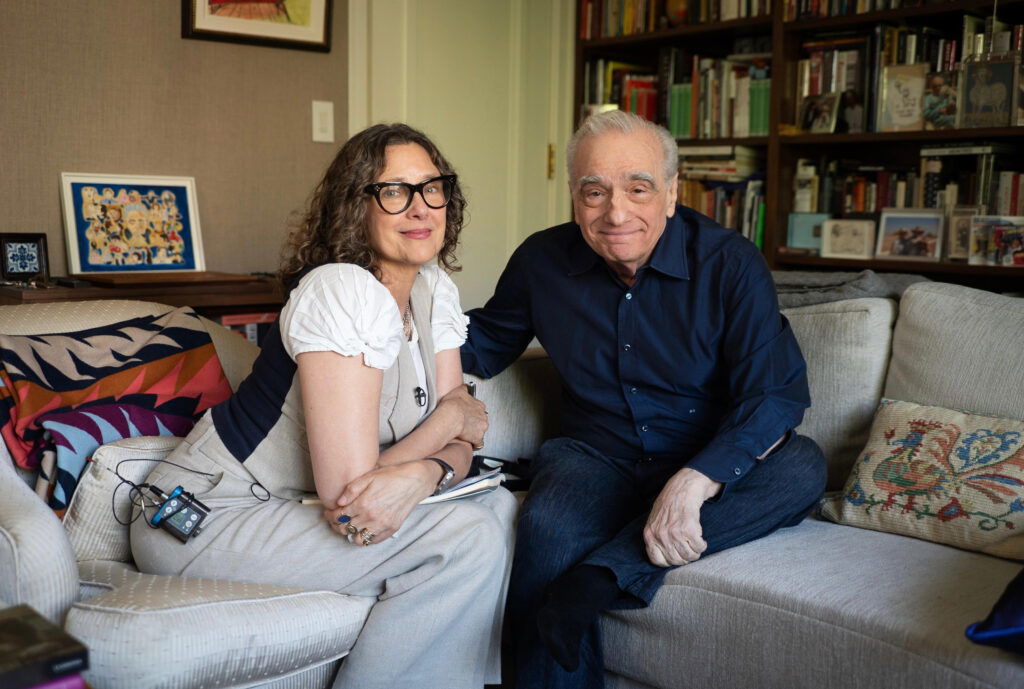
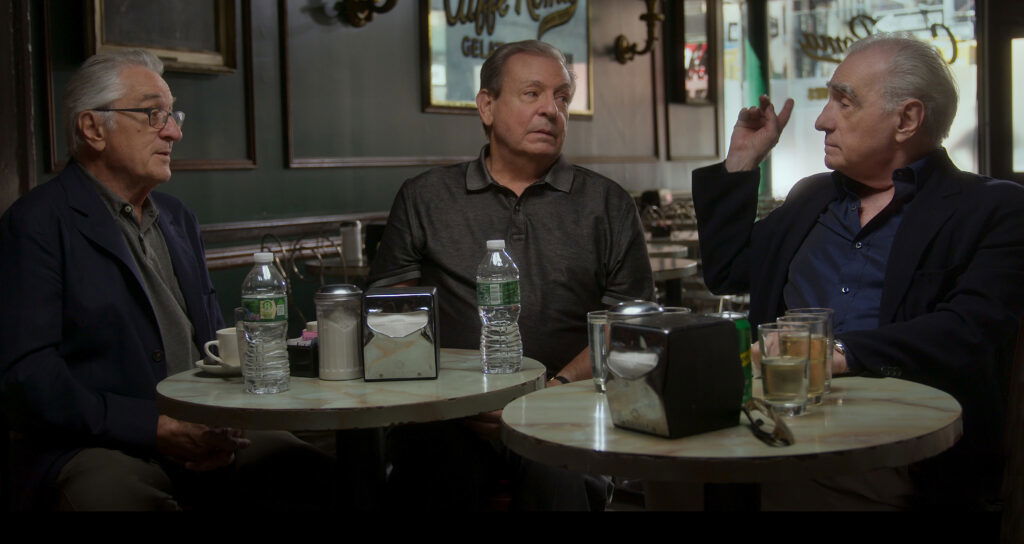
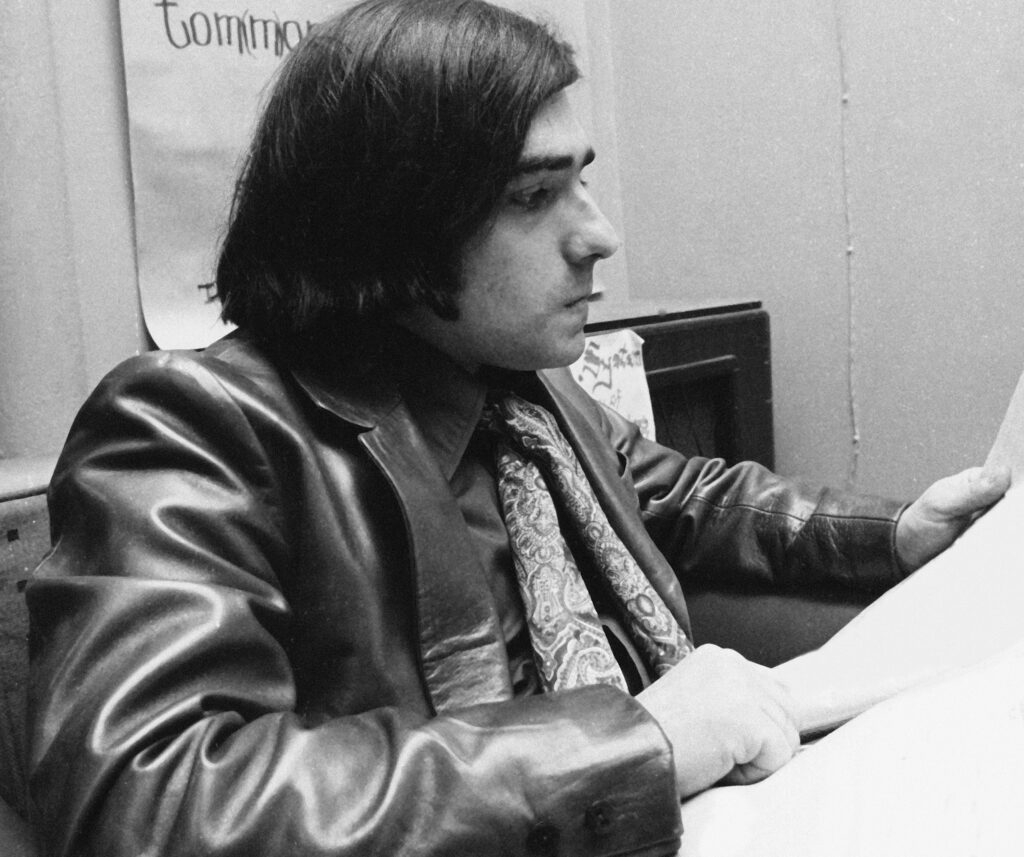
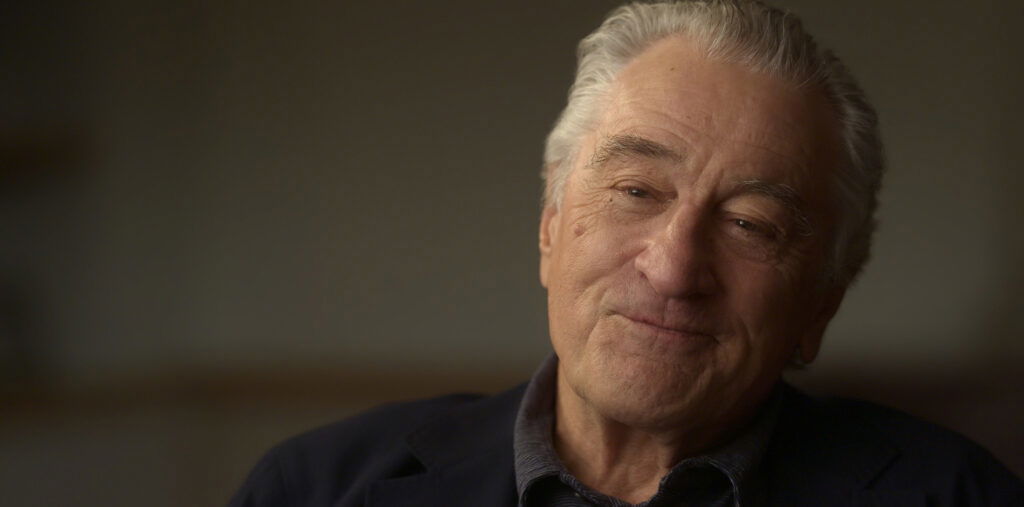
The most obvious case comes in his discussion about editing and breaking the rules of filmmaking. As Mr. Scorsese shows pieces of an early short, “It’s Not Just You, Murray!,” Miller also interweaves Goodfellas. Many of the shots are almost identical, but the iconic feature comes nearly twenty-five years after Marty’s first go. However, Miller then zooms out even further, putting Scorsese’s scenes in contrast with the French New Wave films that inspired him.
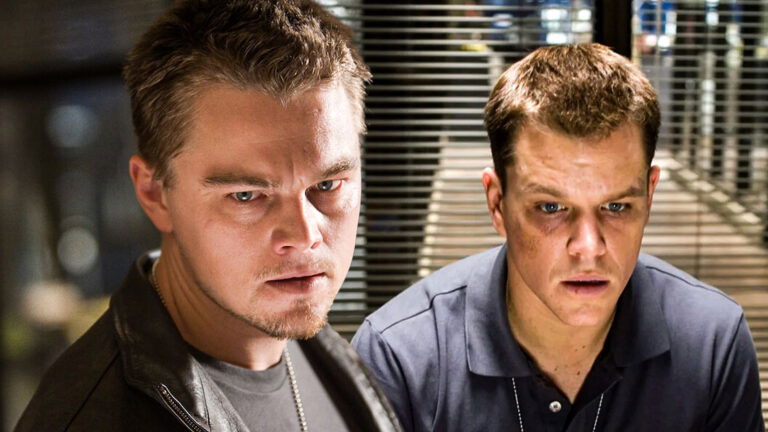
Leonardo DiCaprio and Matt Damon Almost Reunited 3 Years After The Departed for A True Masterpiece
As Marty runs through the moments and pieces of films he loved, Miller continually juxtaposes his work with the inspiration. Over the five episodes, there are hundreds of films mentioned, and each provides its own influence on Scorsese’s style. It’s no surprise that he’s such a student of the medium, but hearing him discuss it is brilliant all the same. Combine this with his moments where he could have died, and it becomes even more obvious how lucky we are to live in the world with this man.
Is Mr. Scorsese worth watching?
Yes, the latest documentary series from Apple TV+ is another home run. Like Beastie Boys Story and Billie Eilish: The World’s a Little Blurry, Mr. Scorsese finds a way to skirt the traditional nature of biopic documentaries and instead finds unique ways to emphasize the importance of the figures involved.
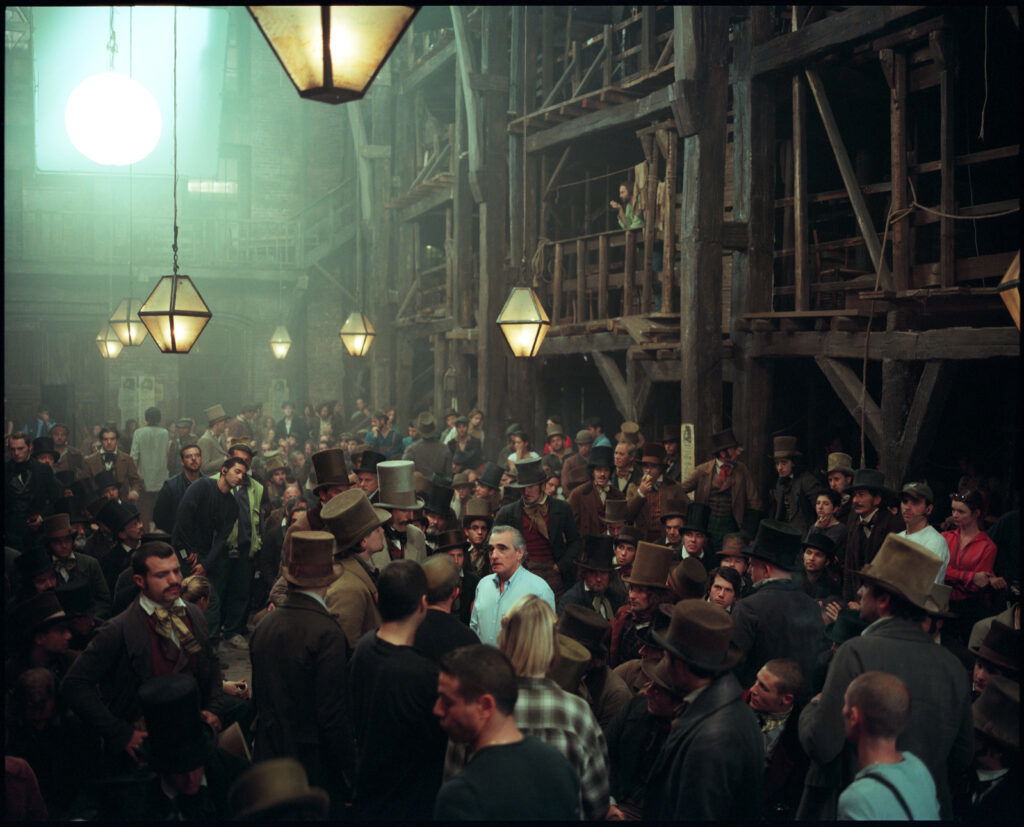
Rebecca Miller is wildly overqualified for a series like this. However, her filmmaking skills make her a peer of Scorsese’s, which allows her to sift through the boring “director speak” and discover the gems from his life. Combined with dozens of interviews from people in his life that we rarely hear from (including the inspiration for Mean Streets), Miller has crafted a monument to one of the all-time greats of American cinema.
Mr. Scorsese releases on October 17, 2025. All five episodes were provided for this review.

